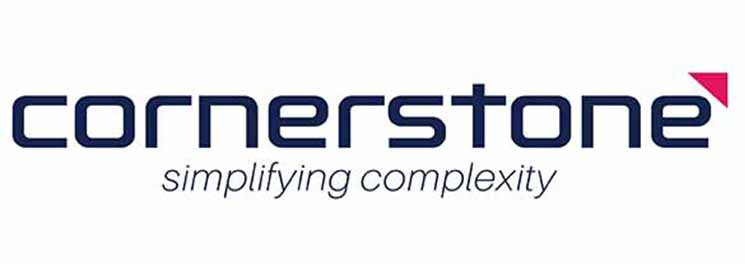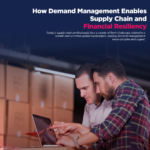
Changing Your Mindset to Doing Less
In his 2020 CEO Cover interview Elon Musk, CEO or Tesla, said that business leaders should spend less time on financial reporting, less time in meeting rooms and on PowerPoint, and more time trying to make their product the best it can be.
Whether you describe yourself as a leader or not, the chances are that your business needs you to have a clear understanding of the current issues at every stage of development from every angle. You cannot do that searching for relevant data, looking at the past, or staring at a spreadsheet all day.
NTM (Next Twelve Months)
You have spent months creating your budget for next year. It is finally approved. So why do you still a need to do a rolling forecast for the next twelve months?
In general, most budgets are obsolete the day they are approved. And while budgets provide insight on what the organisation wants to achieve over the next twelve-month period, a Rolling Forecast quantifies what the company will achieve vis-à-vis its budget.
The key difference between a budget and a rolling forecast is that a budget lays out the plan for what a business should achieve, based on last year’s data and what the thinking of the marketplace will be in the year ahead.
A rolling forecast states current expectation for results, usually in a more summarised format. It focuses on looking at the drivers for change and shows insight into how to best mitigate those changes for continued growth.
Start thinking high level
Leadership should be future focussed. A good leader should provide an inspiring or high-level vision and a sense of direction for the whole company. And the best way to do that is with a Rolling Forecast.
While traditional businesses use static budgets based on past performance, a rolling forecast strives to address some of the shortcomings of the traditional budget by allowing you to continuously plan over a set time horizon and re-forecast the next twelve months periodically.
Keep simple solutions together
Rolling Forecasts can also bring disparate systems together. You may have one system for volumes, another one for pricing, or for sales leads, etc. Data and analytics from these different systems may or may not be in the same data warehouse. If your data is already centralised in one system, creating a rolling forecast is relatively easy to do. However, if your data is spread all over the place, that is a whole other struggle to contend with. An advanced analytics platform will collate different data sources into a single centralised point to strengthen your visibility across functions and revenue streams into one easy to use analytical tool.
Doing Less to be Better
Analysts regularly spend 80% of their time searching for the right data before they even begin their analysis. At least half of their remaining time goes into collating and manipulating the data into a usable format. That leaves only 10% of your time to identify the key issues affecting your bottom line.
Using an advanced analytics platform changes all that. And, doing less searching, less collating, less manipulating, and less spreadsheeting is a good thing. Right?
For some it may be hard to step away from traditional methodology. Others may find the thought of trusting an advanced analytics platform quite overwhelming.
Automation is all around you
In your daily life, you have already embraced automatic washing machines, robot vacuum cleaners, GPS navigation, mobile phone updates, online banking, auto-shipping, membership renewals, and managing your blood sugar level. So, automating your search, collation, and tabulation of data, and flagging key changes in the marketplace is not any different, right?
The true beauty of an advanced analytics platform is revealed when you automatically see …
An advanced analytics platform will automate the 80% of your day that you hate, and will leave you more time for analysis, so you can find the answers you need faster.
Doing Less should not be scary
We embrace new technology every day without a second thought. Embracing analytical technology to do less tedious and time-consuming activities will only result in one outcome – You Becoming a Better Analyst.
Analysts that use a Rolling Forecast instead of a traditional budget will have the time, agility, and insight to make the best decisions in an unpredictable environment.
Cornerstone is a leading business performance management consultancy in Australia and the wider APAC region, and is an IBM Platinum level partner who was recently awarded IBM’s Top Cloud and Cognitive Partner for the region. We are the only consultancy in Australia that focuses solely on Business Analytics and Financial Performance Management and have assisted hundreds of companies to improve agility with Rolling Forecast solutions.





